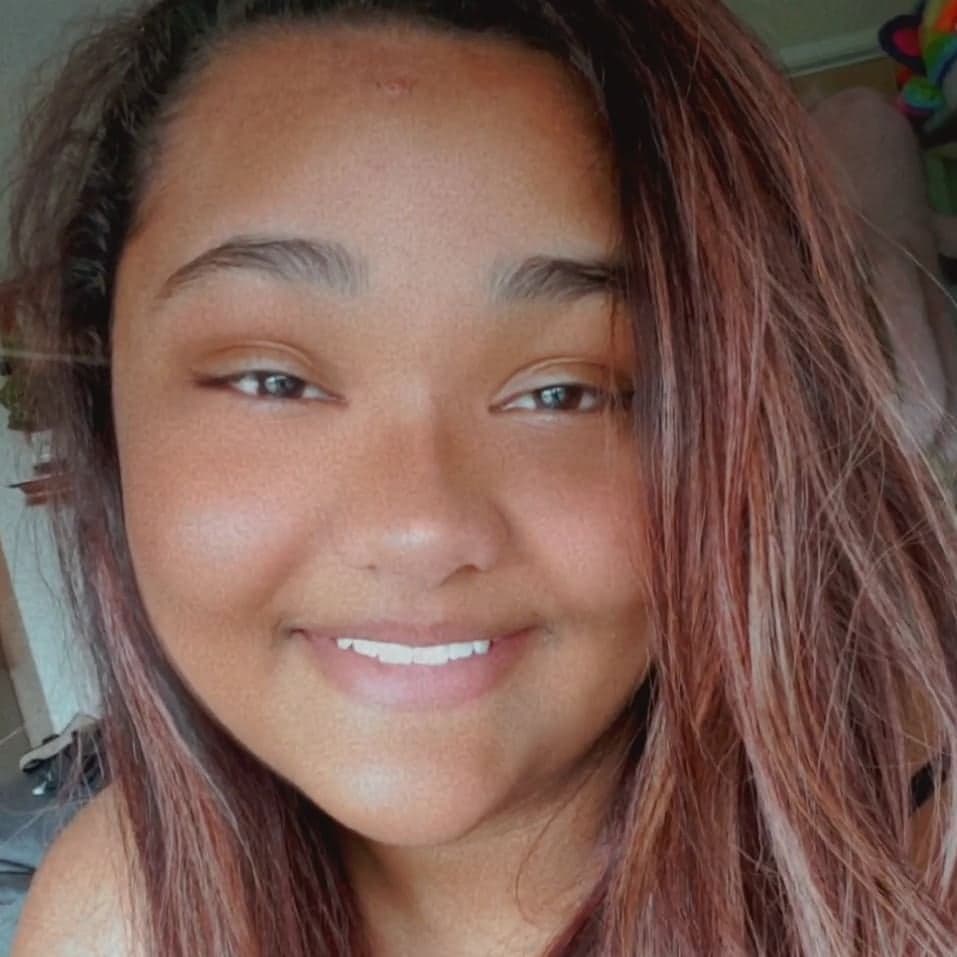Every kid has a dream when they grow up. Some dream of being an astronaut. Others dream of being a princess or even the president. My dream was a little different. My answer was usually that I wanted to work for NASA. It was, of course, interesting to me, but deep down, all I ever really wanted was to be understood. Six years before I joined the foster system, at the age of 8, I was diagnosed with Autism. It has become a huge part of who I am and who I aim to be. I hope to be someone who can use my experiences to not only be there for others, but to change the way the world thinks, acts, and treats fosters and those on the Autism spectrum. I live inside an intersection of the underrepresented youth in the foster care system. I am a Black LGBTQ+ woman with Autism. Of those that make up my intersectionality, being Autistic was certainly the most underrepresented part of my identity.

I was in the foster system for four years until I aged out at 18. In my four years, I went between four different placements, including both family foster care and corporate foster care. Throughout my years in the system, I came across this widely accepted mental model that anyone on the spectrum was just an inconvenience. I experienced this mindset over and over again from people I had no choice but to trust with my life. It was like I was just someone who could just be written off. It became apparent to me that those in charge of my care (case workers, case managers, foster parents, and staff) found no interest in making sure I was getting the support that I desperately needed. Living like that can leave scars on the hardest of surfaces.
There were times in my placements where it felt like people almost went out of their way to misunderstand me and my needs. People with Autism tend to understand things in a very literal sense. If you ask them to throw you your phone, expect a football pass. In one of my corporate placements, my plan stated I would have to be inside my apartment before my 10pm curfew. Though they meant my apartment unit, being literal, I was always inside my apartment building by 10pm and would sit on the stairs right outside my unit. To the staff there, I was purposefully being difficult and, on more than four occasions, they called the police to physically move me inside. It was traumatizing because I honestly had no idea what I was doing wrong. No matter how many times I communicated my confusion, it did not seem to matter and no revisions to my plan were made.
In another instance, at another placement, my plan said that I could go for walks as long as staff was able to follow a distance behind me. They were not supposed to interact with me, nor get too close because of a previous trauma I had. I got overwhelmed one night and let my staff know I was going to go for a walk. He decided to follow directly behind me which spiked my anxiety, so I walked a little faster. He started running at full speed towards me so I turned around. As I did, he punched me right in my eye. When I tried to get justice for myself, nobody believed my story because being Autistic comes with this stereotype of aggressive behavior. He took advantage of that information and got away with it.
Occasions similar to these examples happened to me consistently throughout my time in care, all while I had my diagnosis. According to the current estimates from the Centers for Disease Control and Prevention (CDC), the number of people currently diagnosed with autism spectrum disorder is 1 in 44. A few years ago, it was 1 in 68. According to Minnesota’s Department of Human Services, in 2021, there were just over 12,400 children in the Minnesota foster system. I cannot imagine how many kids are out there undiagnosed inside the system, struggling every single day to have their basic needs met. I can’t imagine how many kids are facing the same sort of struggles I faced. My experiences could have been avoided.
I want those kids to know that they are not alone. For everyone else, It doesn’t have to be this way. The knowledge about supporting those with autism, resources and best practices – it’s out there. Those in child welfare and education need to educate themselves and participate in actively helping those who need it. For foster parents, social workers, and other support staff reading this, I ask you to do your research. Know the signs and symptoms of autism, know the best practices for therapeutic services, and learn from folks who actually have autism. Help Fosters get the diagnosis, treatment, and support they deserve.
Other news outlets don’t cover child welfare and juvenile justice like we do.
News for people, not for profit.





